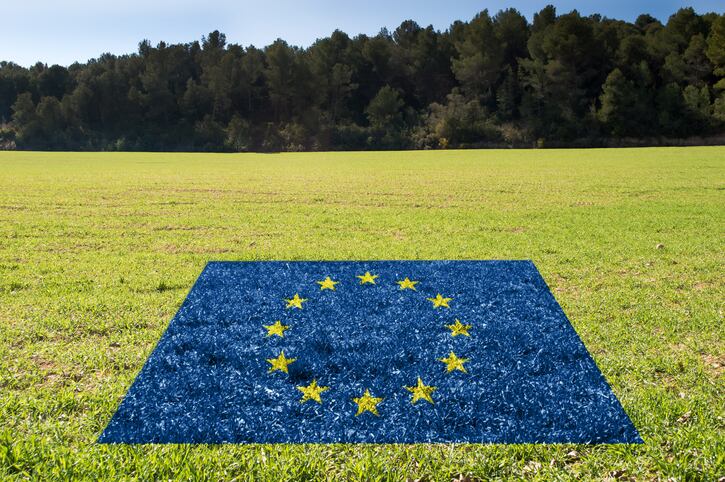Today (22 June), the European Commission proposed ‘strong’ rules to reduce the use of chemical pesticides by 2030.
The proposal responds to growing concern amongst scientists and citizens about the use of pesticides and the build-up of their residues and metabolites in the environment.
Current rules under the Sustainable Use of Pesticides Directive have proven to be ‘too weak’, noted the Commission. At the same time, ‘insufficient’ progress has been made in the use of Integrated Pest Management (IPM) as well as other alternative approaches.
“Chemical pesticides harm human health and cause biodiversity decline in agricultural areas. They contaminate the air, the water and the wider environment,” noted the Commission.
Removing chemical pesticides from our proximity
As a result, the Commission is proposing legally binding targets at EU and national level to reduce by 50% the use and risk of chemical pesticides and the use of more hazardous pesticides by 2030.
Member States will set their own national reduction targets within defined parameters to ensure that the EU-wide targets are achieved.
The Commission is also proposing ‘strict new rules’ on environmentally friendly pest control, which would require all farmers and other professional pesticide users to practice IPM, whereby alternative methods of pest prevention and control are considered first, before chemical pesticides may be used as a ‘last resort measure’.
A ban on all pesticides in sensitive areas has been proposed. This would see the use of pesticides prohibited in urban green areas, as well as in any ecologically sensitive area preserved for threatened pollinators.
“This new rule will remove chemical pesticides from our proximity in our everyday lives,” noted the Commission.
Proposal praised by MEPs
Reducing pesticide use helps nature recover, and protects the humans who work with these chemicals, reiterated Executive Vice-President for the European Green Deal, Frans Timmermans.
Commissioner for Health and Food Safety, Stella Kyriakides, also weighed in: “It is time to change course on how we use pesticides in the EU. This is about the health of our citizens and our planet…
“We need to reduce the use of chemical pesticides to protect our soil, air and food, and ultimately the health of our citizens. For the first time, we will ban the use of pesticides in public gardens and playgrounds, ensuring that we are all far less exposed in our daily lives.”
The Common Agricultural Policy will support farmers financially to cover all costs of the new rules for a period of five years, she continued: “No one will be left behind.”
The new proposal will now be discussed by the European Parliament and the Council.
Is the proposed regulation strict enough?
While praised by MEPs, some food and farming campaign groups have suggested more action is required to deliver a sustainable and healthy food system that protects farm workers, citizens, and the environment.
Environmental campaigning community Friends of the Earth Europe, for example, believes the Commission could have gone ‘much further’ to bring about pesticides-free agriculture ‘much sooner’.
Binding EU and national targets is, however, an ‘important first step’, said the group’s Food, Agriculture and Nature Campaigner, Clara Bourgin.
Slow Food Europe, which defends small-scale traditional food producers, agreed binding EU and national targets is an important step towards ‘transforming the way we farm’.
“However, we must ensure that the budget of the Common Agricultural Policy is leveraged to drive the transition towards agroecology by supporting farmers, or the European Green Deal will remain empty words,” added policy officer at Slow Food Europe, Madeleine Coste.
Corporate Europe Observatory, a not-for-profit which aims to ‘expose any effects of corporate lobbying on EU policy making’, suggested the proposal is ‘really the bare minimum’.
“1.2 million citizens have demanded a reduction of synthetic pesticides of 80% by 2030, and a full phase-out by 2035,” said researcher Nina Holland.
“Now it’s up to the EU Member States and the European Parliament to step up the ambition and now bow to industry pressure to keep our food system in the pesticide lock-in.”




